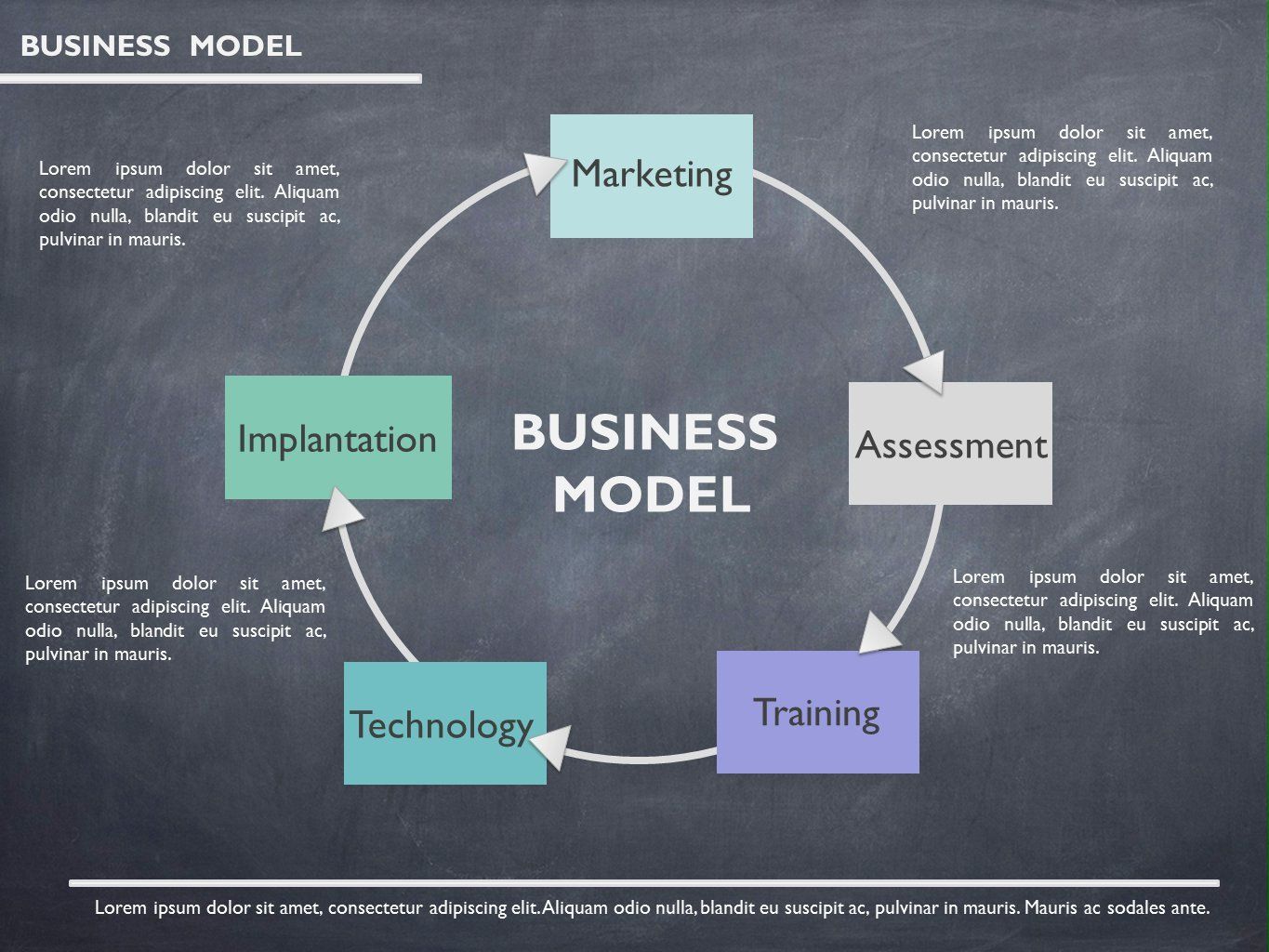The dice clatter, a crisp, decisive sound, yet my friend Liam’s brow remains furrowed, a slight tremor in his hand as he considers his 15th move in a game stretching on for what feels like 235 minutes. Across the room, Anya’s eyes are glued to a screen, the simple, hypnotic churn of reels. She lets out a soft sigh of contentment with each near miss, a small, knowing smile when a line of 35 identical symbols flares to life. Liam, a connoisseur of complexity, had tried Anya’s game once, out of a peculiar sense of academic curiosity, and lasted precisely 5 minutes before declaring it ‘insipid,’ a waste of cognitive resource. Anya, for her part, found the sheer weight of Liam’s 45-page rulebook, with its dozens of tokens and 5 distinct phases, profoundly stressful, a self-imposed chore rather than leisure.
This isn’t just about preference; it’s a quiet revelation of the self, a whispered secret about what our minds truly crave when the demands of the day recede. Why do some of us gravitate towards the relentless precision of a strategic challenge, while others seek solace in the comforting predictability of simple outcomes? It’s not the game itself we choose, not really. It’s the feeling it promises, the particular flavor of mental engagement – or disengagement – that speaks to some deeper, often unarticulated need. The sheer volume of options available today can feel overwhelming, a dense forest of rules and flashing lights, leaving many wondering where to even begin their search for genuine escape or stimulation.
The Personal Algorithm
I used to believe people simply had ‘genres.’ You were an RPG person, a slots person, a sports betting person. A rigid categorization, neat and tidy, like the sorted steps I count on my way to the mailbox. But experience, that relentless undoer of neat theories, has shown me otherwise. It’s far more fluid, far more personal. Take Noah J.D., a machine calibration specialist I know. For 35 years, Noah has lived by micro-tolerances, by the exact click of a mechanism, the precise output of a circuit. His work demands a relentless, almost painful focus on infinitesimally small variations.
Naturally, I assumed Noah would be drawn to games of immense strategic depth – chess, maybe, or elaborate digital simulations where 5,000 interlocking variables determine success. I was wrong, profoundly so. Noah, after 85 hours of ensuring perfect alignment in complex machinery, often wants nothing more than to watch the reels spin on a classic 5-line slot machine. The beauty, he told me once, is in its absolute transparency. “No hidden mechanisms, no complex algorithms to unravel, just… the spin.” He values the binary simplicity, the immediate feedback, the profound lack of consequence that his professional life demands.
The Psychological Tonic
It was a moment of stark clarity for me. My assumption, rooted in a desire to categorize and understand, missed the human element entirely. It wasn’t about what his expertise suggested he’d enjoy, but what his stress needed to release. And this understanding opens up a whole new way to look at entertainment. Are you seeking meditative distraction, a gentle hum in the background of your mind? Or are you chasing the sharp thrill of a binary decision, the suspense of a high-stakes flip? Each offers a specific psychological tonic.
Cognitive Demand
Cognitive Demand
What a particular moment asks of us can shift dramatically. A Tuesday after 105 intense client calls might call for a different kind of engagement than a quiet Sunday afternoon with 5 hours of unstructured time. This isn’t a failing; it’s a testament to the dynamic complexity of the human spirit. Recognizing this flexibility, this internal barometer of need, is the first step in genuinely curating your leisure.
Landscapes of Psychological States
Platforms like royal online v2 มือถือ are not just collections of games; they are landscapes of psychological states. They offer a diverse palette for whatever mental craving you possess at any given moment. You might delve into the immersive stories of intricate table games on one day, demanding 75 percent of your attention, and then, on another, glide into the serene flow of a simplified card game, requiring only a gentle, rhythmic engagement.
Table Games
Slot Machines
Card Games
Consider the Baccarat player. The appeal often lies in its clean, 50-50 choices, its rapid pace, the sheer elegance of its suspense. It’s a game that doesn’t demand strategic genius but rewards a comfortable relationship with risk and chance. Contrast that with someone drawn to poker, where bluffing and psychological warfare are as critical as the cards themselves. Here, the satisfaction comes not just from winning, but from outmaneuvering, from reading the tells, from the intricate dance of deception and revelation over 15 or 25 hands. The feeling derived is utterly distinct.
The Core of Resonance
This principle applies to so many facets of our lives, not just gaming. We seek out specific music for specific moods, particular foods for particular comforts, certain companions for certain conversations. It’s all about the emotional resonance, the internal need being met. Sometimes we need to feel challenged, to exercise our problem-solving muscles, to engage with a complex narrative that unfolds over 55 chapters. Other times, we simply need to disengage, to allow our minds to float, to be carried by a simple, repetitive action that asks nothing of us but our passive observation.
The real benefit of understanding your entertainment personality isn’t just about choosing a game. It’s about a deeper form of self-knowledge. It’s about recognizing the subtle signals your mind and body send you. Are you feeling overstimulated and need to quiet the noise? Or are you feeling understimulated and craving an intellectual spark? This awareness, this mindful approach to leisure, pays dividends far beyond the screen. It informs your approach to rest, to creativity, to how you recalibrate your internal systems after a period of intense output. It helps you avoid the common trap of trying to force a square psychological peg into a round entertainment hole, leading to frustration rather than satisfaction. It allows for a more conscious, more deliberate, and ultimately, more fulfilling engagement with the moments we set aside for ourselves. The feeling, always the feeling, is the point.







































































































































































































































































































































































































































































































































